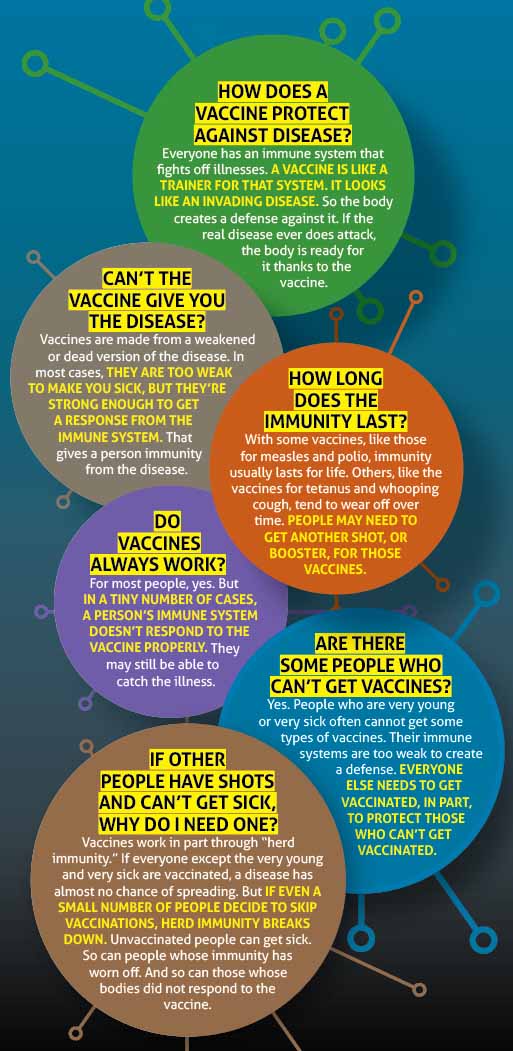Ignorance is a well-known cause of vaccine hesitancy.
“What continues to amaze me is that people are really not educated about [vaccines],” said Trish Perl, MD, chief of the infectious diseases division at UT Southwestern Medical Center in Dallas. “Some of [vaccine hesitancy] has been propagated by the anti-vaxxers, but some of it is just frankly not knowing.”
Combatting this knowledge gap as well as anti-vaccine messages through education is an obvious answer, Dr. Perl says. And physicians can step into that void to teach patients about what vaccines are and why they’re important. That includes information about the risks and benefits of vaccines, how quickly illnesses spread, and the symptoms and complications of natural infection, she says.
The Texas Medical Association gives physicians a hand in educating people about vaccines through this “Talk to Patients About” series (www.texmed.org/TalktoPatients) and the Be Wise – ImmunizeSM program (www.texmed.org/Immunizations). TMA advocacy also educates decision-makers and legislators so that they can craft vaccine-friendly policies.
Physicians and their staff also can refer patients to helpful sources that explain how vaccines work, including tma.tips/CDCVaccinesWork, tma.tips/CDCVaccineVideo, and tma.tips/NOVAVaccinesWork.

Tex Med. 2019;115(12):47
December 2019 Texas Medicine Contents
Texas Medicine Main Page
Last Updated On
August 18, 2025
Originally Published On
November 22, 2019